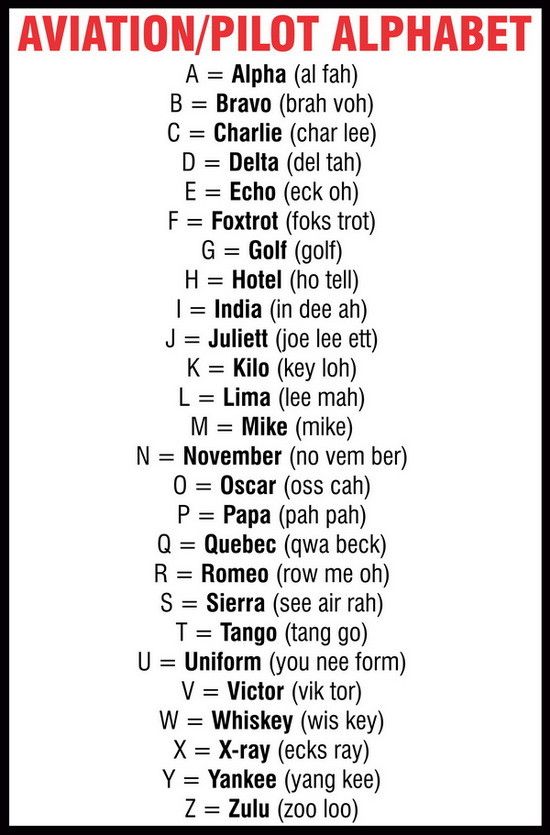

As the lower part of this character has been 'simplified' in the PRC by substituting another less common character for 'sunset' (XI), the older formula is not understood by younger people in mainland China, and I cannot substitute XI for WEI in the old formula and be understood, so I have to switch to some other circumlocution, such as "Luo-si-fu de LUO", the LUO in the surname Roosevelt, assuming that my listener knows who Roosevelt was :-) In Taiwan and Hong Kong, it can still be communicated using the traditional formula "Si-wei-LUO", the LUO 'four'. (An additional 'wrinkle' arises when the form of the written character has been 'simplified' in the PRC, making some of the formulas no longer workable, e.g., my own Chinese surname LUO. There are some commonly used examples in these formulas, especially in the case of surnames, but in the case of other morphemes, as in English there is often variation in the example words chosen by the explainer. er-dong CHEN, and 'east' ) or referring to a common (usually) two syllable compound word in which the morpheme/character in question occurs: e.g.ZHIDAO de ZHI the ZHI in the word ZHIDAO, 'to know'.

Aside from 'writing in air' with one's finger, there are a few commonly used oral formulas (e.g. over the telephone, or -sometimes- even in person, when a paper and pencil is not readily available.

These issues will be discussed in subsequent posts. (Note, for example, that many words in this list contain the initial letter more than once, on the assumption that this makes it easier to identify however, I was unable to find satisfactory words for all of the letters.) It will also be necessary to test all the words to determine their reliability–in terms of phonological recognition, as well as general acceptance in U.S.
#International radiotelephony spelling alphabet code#
The first step would probably be to make sure that the code words are the best possible ones to fulfill the selection criteria–as well as any other criteria which may be included. I invite anyone who is interested in this project to contact me for discussion. Radiotelephony spelling alphabet for U.S. In such a case the sender would say, for example, "Angel, as in guardian angel". English.Įach code word is preceded by a word or phrase which could be used to provide semantic context in case the hearer does not recognize the word on first hearing, which is most likely to happen in cases of poor sound transmission. In order to make it potentially workable, I have been guided by the following criteria: the words should be (1) at most three syllables long, (2) while providing sufficient phonological clues to differentiate them from similar words, (3) and sufficiently common in casual speech to be familiar to most speakers of all social and regional versions of U.S. (An international alphabet, as some of the existing ones purport to be, would need to be very different.) It is not necessarily intended to be memorized, though frequent users might find it useful to do so. This version is designed to be used by speakers of U.S. The version presented below is my first attempt, which I offer as a model to be discussed and modified as needed. However, there seems to be a need for such an alphabet, and I would like to invite any linguists interested in developing one which would meet some key linguistic criteria (see next paragraph) to join me in creating it.

It worked reasonably well, because Army people were accustomed to it, but–for a number of reasons–I do not find it useful now for occasions when I have to spell words over the phone. I personally had experience with the military version when I served in the U.S. military version, which are used for spelling names and other words over the telephone and radio. Most subscribers to Language Log will be familiar with the NATO alphabet, and other alphabets such as the U.S.


 0 kommentar(er)
0 kommentar(er)
